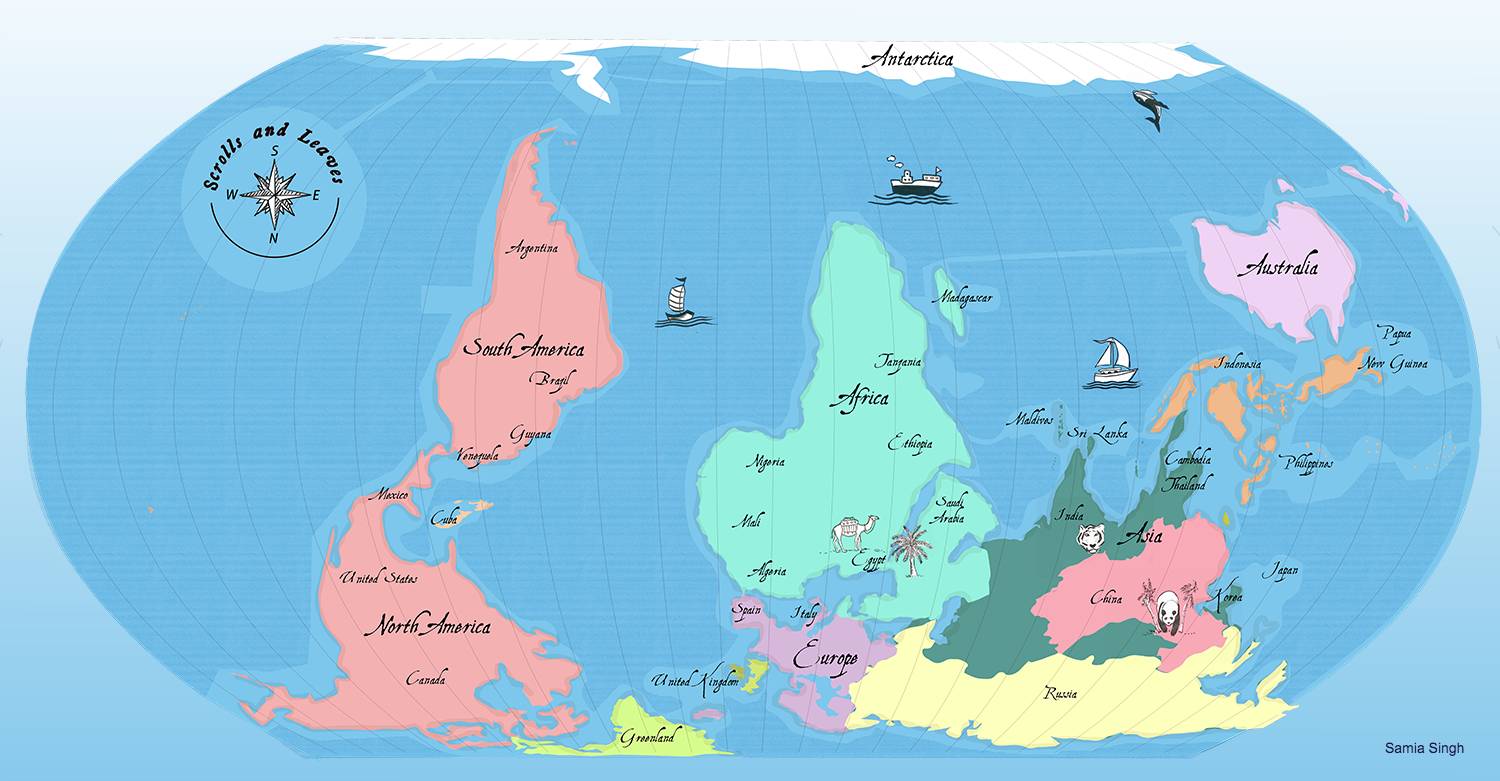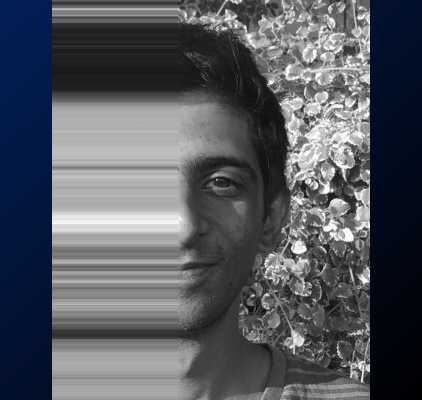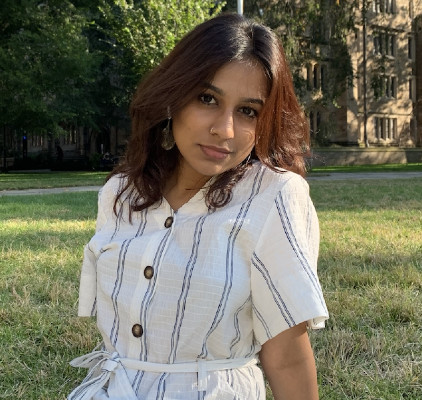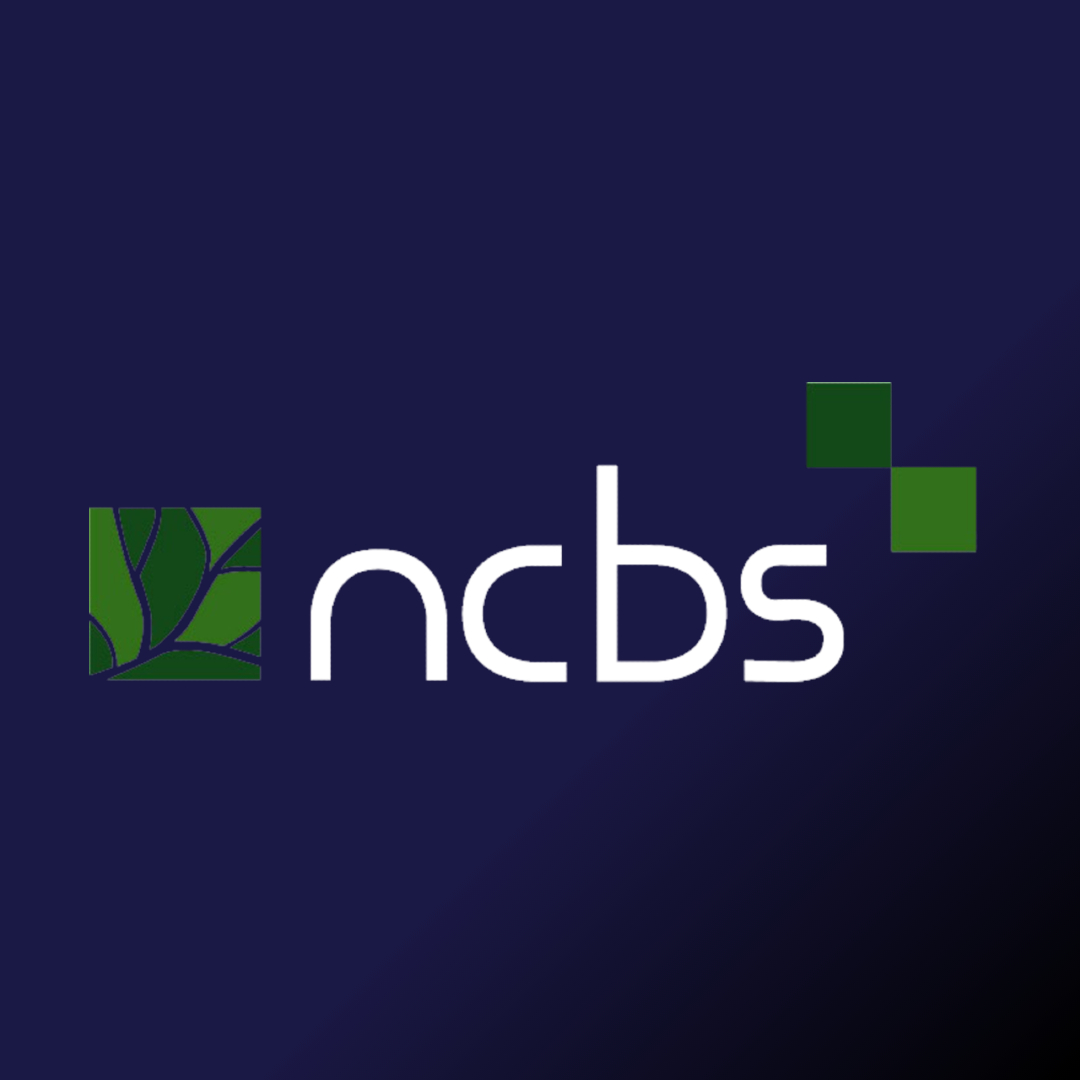
Vision
There are amazing histories from the margins, from Latin America, Asia, Africa and Oceania that we rarely hear about. By scouring these historical records, we hope to find alternate ways of knowing and contextualizing our present. And to learn about lesser-known tales of triumphs, scandals, contests, excursions and exploits.
Season 1 is set on the Indian subcontinent, and tells the tale of how trade across the Indian Ocean World changed us.
The episodes are best described as creative non-fiction. To bring history alive, the episodes contain embedded stories (non-fiction, unless indicated otherwise) crafted after extensive research. We try to be as inclusive as possible in the viewpoints represented, while maintaining narrative focus. Spellings and pronunciations are true to the time and/or historical records.
Art
The cover is inspired by a well-known cultural motif — the Arab Dhow, depicted in an illustrated manuscript by Arab poet, al-Hariri. Propelled by monsoon winds, ships carried goods between Africa, the Middle East and India for centuries. The artwork shows Asian sailors carrying ivory, plants and pepper on an ocean voyage.
The map is an artistic representation of the Equal Earth projection, which shows all nations true to size, with minimal distortion. The map is flipped vertically to place the southern hemisphere on top, and to center tropical nations. Psychologists say that reversing the orientation of a map can reduce bias, as the south is often associated with negative ideas such as poverty. There is no scientific reason why the “north” should be on top of the world.
Art: Samia Singh
Sound
We can use field recordings when discussing the present. But once we enter the past, we run out of real-world sources. The first recording instrument, the phonautograph, was patented by Edouard-Leon Scott de Martinville only in 1857. That’s towards the end of the time period covered in Season 1. So, we re-create the soundscape of historical scenes based on research.
The podcast uses 3D sound. The technology adds a vertical dimension and is of higher resolution than surround-sound. This recreates the natural dynamics of sound in space, and allows for an immersive experience if you listen through headphones. Sound designer, Nikhil Nagaraj, has composed most of our music.
Narrator: Sumit Kumar; Social Media: Anagha Kangovi

Mary-Rose Abraham
Co-Host, Co-Producer
Mary-Rose Abraham is a writer and independent multimedia journalist who lives in Bangalore. She was born and raised in Los Angeles and worked as a longtime producer and reporter at television and radio networks in the U.S. Mary-Rose has a bachelor’s degree in biology from UCLA, and a master’s degree with honors from Columbia University’s Graduate School of Journalism. She loves to travel and experience firsthand some of the fascinating places in history. Memorable trips include six months backpacking across Europe and India; five weeks traveling through Turkey; and a month-long, cross-country drive from the East to the West Coast in the U.S.

Mary-Rose Abraham
Host, Producer

Nikhil Nagaraj
Sound designer

Gayathri Vaidyanathan
Host, Producer
Mary-Rose Abraham is a writer and independent multimedia journalist who lives in Bangalore. She was born and raised in Los Angeles and worked as a longtime producer and reporter at television and radio networks in the U.S. Mary-Rose has a bachelor’s degree in biology from UCLA, and a master’s degree with honors from Columbia University’s Graduate School of Journalism. She loves to travel and experience firsthand some of the fascinating places in history. Memorable trips include six months backpacking across Europe and India; five weeks traveling through Turkey; and a month-long, cross-country drive from the East to the West Coast in the U.S.
Nikhil Nagaraj (°1990, Bangalore) is a sound designer and co-founder of 12 Hz Sound Laboratories. He enjoys melding electronic and acoustic music, and combining traditional Indian music styles with contemporary classical and electronic concepts. He also experiments with spatial sound to create immersive experiences through the use of sensors and 3D soundscapes.
12 Hz Sound Laboratories is an artist collective and studio focusing on immersive technologies. It operates at the intersection of art and science, and plans, develops and extends technical support to artists, experimental spaces, galleries, concerts and festivals. Its interdisciplinary artists and engineers create surrealist experiences using spatial sound, and explore the amalgamation between design, technology and philosophy.
Gayathri Vaidyanathan is a science and environment writer, and her magazine and audio work has appeared in Nature, the New York Times, the BBC, and other places. Her feature writing has received multiple awards. She has traveled across North America, Africa and Asia on long-form writing projects. She has a master’s degree from Columbia University in New York, and a bachelors in biochemistry from McMaster University in Ontario.

Sumit Kumar
Storyteller

Iman Iftikhar
Intern Producer

Archives at NCBS
Incubator
Iman is a sophomore at Yale University double majoring in History and Economics. She is originally from Lahore, Pakistan. She hosts the Yale Macmillan podcast Excellent Things in Women. She is also a digital archivist and content curator at the 1947 Partition Archive at the University of California-Berkeley.
The Archives at NCBS is a public centre for the history of contemporary biology in India. Besides its role as a research centre, it seeks to collaborate with a variety of individuals in rethinking archives as vibrant public spaces, and as sites of education and critical inquiry. The podcast was incubated at the Archives, with the input of archivist, Venkat Srinivasan.

Sasha Semina
Intern Producer

Alexa Stanger
Intern Producer

Nikhil Nagaraj
Sound designer
Nikhil Nagaraj (°1990, Bangalore) is a sound designer and co-founder of 12 Hz Sound Laboratories. He enjoys melding electronic and acoustic music, and combining traditional Indian music styles with contemporary classical and electronic concepts. He also experiments with spatial sound to create immersive experiences through the use of sensors and 3D soundscapes.
12 Hz Sound Laboratories is an artist collective and studio focusing on immersive technologies. It operates at the intersection of art and science, and plans, develops and extends technical support to artists, experimental spaces, galleries, concerts and festivals. Its interdisciplinary artists and engineers create surrealist experiences using spatial sound, and explore the amalgamation between design, technology and philosophy.

Gayathri Vaidyanathan
Co-Host, Co-Producer

Sumit Kumar
Storyteller

Iman Iftikhar
Intern Producer
Iman is a sophomore at Yale University double majoring in History and Economics. She is originally from Lahore, Pakistan. She hosts a Yale Macmillan podcast titled “Excellent Things in Women.” She is also a digital archivist and content curator at the 1947 Partition Archive at the University of California-Berkeley.

Sasha Semina
Intern Producer
Sasha Semina is a composer studying Computing and the Arts at Yale University, with an affinity for sound design, film scoring, and songwriting. She loves creating music for podcasts and other narrative-based media. Two artists who inspire her in the realm of musical storytelling are Joe Hisaishi and Kate Bush. She’s a podcast manager for the Yale Sustainable Food Program’s Chewing the Fat.

Alexa Stanger
Intern Producer
Alexa Stanger is studying history at Yale University, with a specialization in Ideas and Intellectuals. She was raised in London and outside of podcasting, she loves theatre and cooking, especially for the stories that we can tell through food and the stage. She’s worked on three podcasts, including the Yale Sustainable Food Program’s Chewing the Fat, and the Yale Daily News’ COVID-19 miniseries

Archives at NCBS
Incubator
The Archives at NCBS is a public centre for the history of contemporary biology in India. Besides its role as a research centre, it seeks to collaborate with a variety of individuals in rethinking archives as vibrant public spaces, and as sites of education and critical inquiry. The podcast was incubated at the Archives, with the input of archivist, Venkat Srinivasan.





